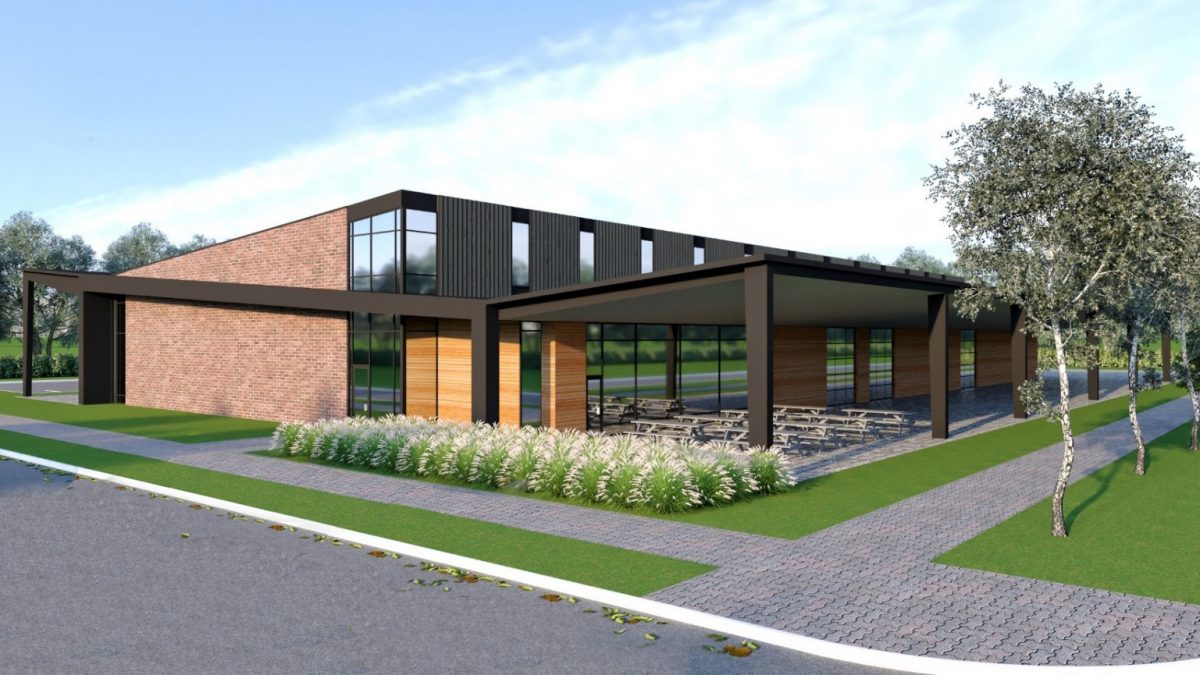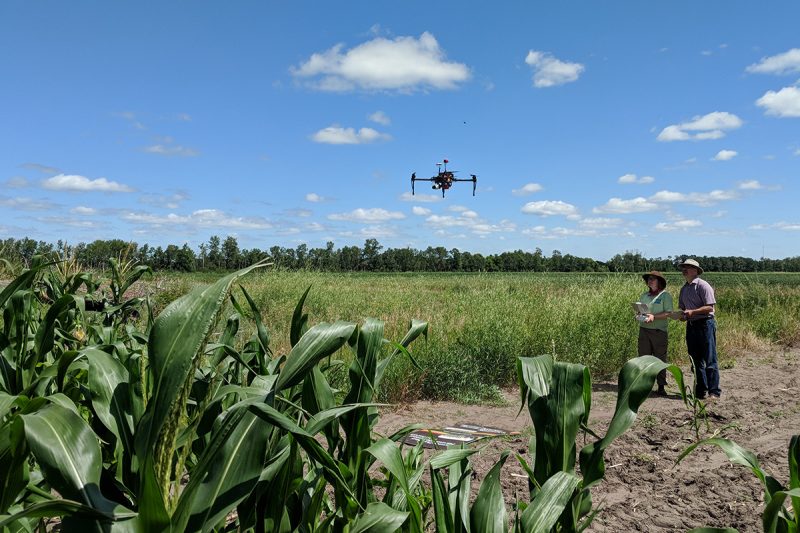
UM’s new prairie crops and soils research facility poised to be a global leader in the agri-food sector
The Canadian and Manitoba governments step up with an additional $6.4 million to make the project a reality
UM’s Faculty of Agricultural and Food Sciences is poised to take its place on the global stage, boost economic growth in Canada, while enhancing food security and agricultural sustainability across the world. The new Prairie Crops and Soil Research Facility (PCSRF) will push research beyond what was first imagined thanks to $7.7 million in donations, and an additional $6.4 million from government of Canada and Manitoba announced July 25.
“This is a significant investment that will greatly enhance our capacity for research, education programs, and collaborations with producers for more sustainable crop production,” said Dr. Martin Scanlon, Dean, Faculty of Agricultural and Food Sciences, UM.
Building on the faculty’s world-class reputation for innovation and discovery, the 20,000 sq. ft. facility is set to become Canada’s pre-eminent resource for field crop research and innovation, capable of driving success across the agriculture and agri-food sector.
Nutrien Ag Solutions is one of the organizations that pledged funds to make this facility a reality at UM. Senior vice president of North American retail at Nutrien Ag Solutions, David Elser, says it’s an important initiative for the company.
“We understand the important role that research has in improving the quality of crops available to feed the future and are proud to support this program and the education it will provide to the next generation of agriculture professionals,” says Elser.
“[UM researchers have] done an exceptional job of providing solutions to help us advance in the world market,” says past chair of the Manitoba Crop Alliance, Fred Greig, a donor to the project. “As stewards of the land, we appreciate information that helps us make the right decisions in our farming practices. It is our turn to help with the entire research process, to support the infrastructure and provide tools for students, faculty and staff to develop the next generation of scientists.”

Researchers in the Faculty of Agricultural and Food Sciences use drones to measure reflected energy in studies of crop growth. // Photo from Krista Hanis-Gervais
Generous support has also been received from Manitoba Canola Growers Association, The McCain Foundation and the J.R. Simplot Company Foundation, along with student contributions from the Student Initiative Fund in the Faculty of Agricultural and Food Sciences.
“The PCSRF sets the stage for our researchers to develop an integrated approach to robust agronomic systems that will benefit Western Canadian producers and consumers across Canada for years to come. At the same time this will allow our students to become the next generation of agri-food leaders,” adds Scanlon.
Corinne Bernard will be one of those agri-food leaders. She is excited about the opportunities the facility will provide to her and other students.
“The new facility will help prepare us for after graduation by giving us hands-on experience to complement the knowledge we are learning in the classroom and will set UM apart from other universities with similar programs,” says Bernard.
Once built, the PCSRF will expand and modernize agronomic research and training. It will meet the emerging needs of Canadian farmers and the industry across several areas including nutrient management, cropping systems, digital agronomy and breeding.
The concept and plan were developed through a multi-year consultation with agronomists, entomologists, pathologists, plant breeders, geneticists, soil scientists and other industry experts.
The facility is expected to be operational by June, 2026.






